Life
Sign up for our newsletter
We summarize the week's scientific breakthroughs every Thursday.
-
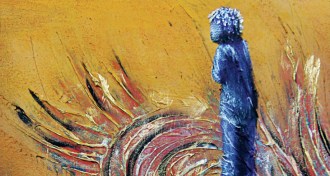 Psychology
PsychologyAdults with autism are left to navigate a jarring world
Researchers are beginning to study ways to help adults with autism navigate independently, get jobs and find friendship.
-
 Health & Medicine
Health & MedicineBouncing back from giving blood can take months
Taking iron supplements after donating blood can dramatically reduce the time it takes to recover iron levels in the blood, a study finds.
By Nathan Seppa -
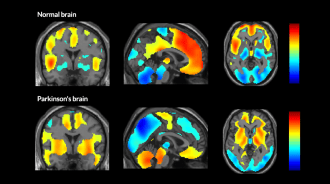 Neuroscience
NeuroscienceA brain at rest offers clues to Parkinson’s, Alzheimer’s
PET scans reveal that the breakdown of brain networks differs in Parkinson’s and Alzheimer’s diseases.
-
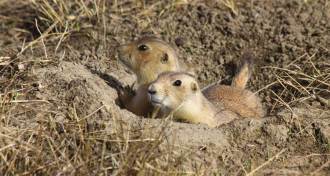 Ecosystems
EcosystemsNoise made by humans can be bad news for animals
Animals live in a world of sounds. Clever experiments are finally teasing out how human-made noise can cause dangerous distractions.
By Susan Milius -
 Animals
Animals‘The Cultural Lives of Whales and Dolphins’ offers window into cetacean societies
Dolphins and whales pass cultural knowledge to one another, the authors of a new book argue.
-
 Animals
AnimalsToads prefer to bound, not hop
The multiple hops made by toads are really a bounding motion similar to movements made by small mammals.
-
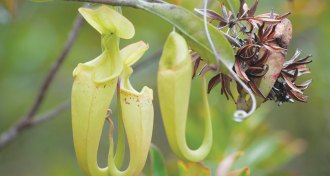 Plants
PlantsFairly bad pitcher traps triumph in the end
Carnivorous pitcher plant traps rarely catch much, but their lackadaisical hunting turns out not to be so lame after all.
By Susan Milius -
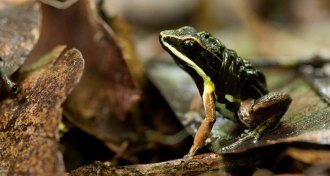 Animals
AnimalsRainforest frogs flourish with artificial homes
A rainforest frog population grew by about 50 percent when scientists built pools for tadpoles that mimic puddles made by other animals.
-
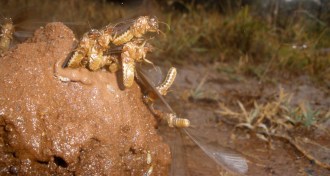 Ecosystems
EcosystemsTermite mound paradises help buffer dry land against climate change
Landscapes dotted by Africa’s great termite mounds look on the verge of turning into desert but are, in fact, more resilient.
By Susan Milius -
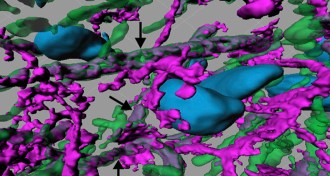 Neuroscience
NeuroscienceShots of brain cells restore learning, memory in rats
Scientists healed damage caused to rats’ brains from radiation by injecting cells that replenish the insulation on neurons.
-
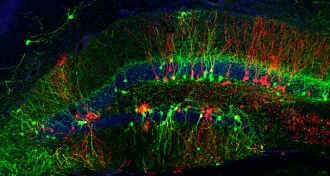 Neuroscience
NeuroscienceWith good timing, experiences can rewire old brains
New experiences can rewire old brains — but the timing has to be just right.
-
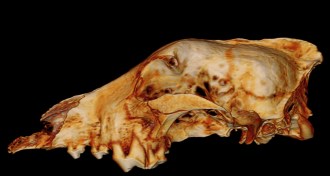 Paleontology
PaleontologyAncient wolf skulls challenge dog domestication timeline
A 3-D analysis of two ancient canine skulls from Russia and Belgium suggests the fossils were of wolves, not dogs.